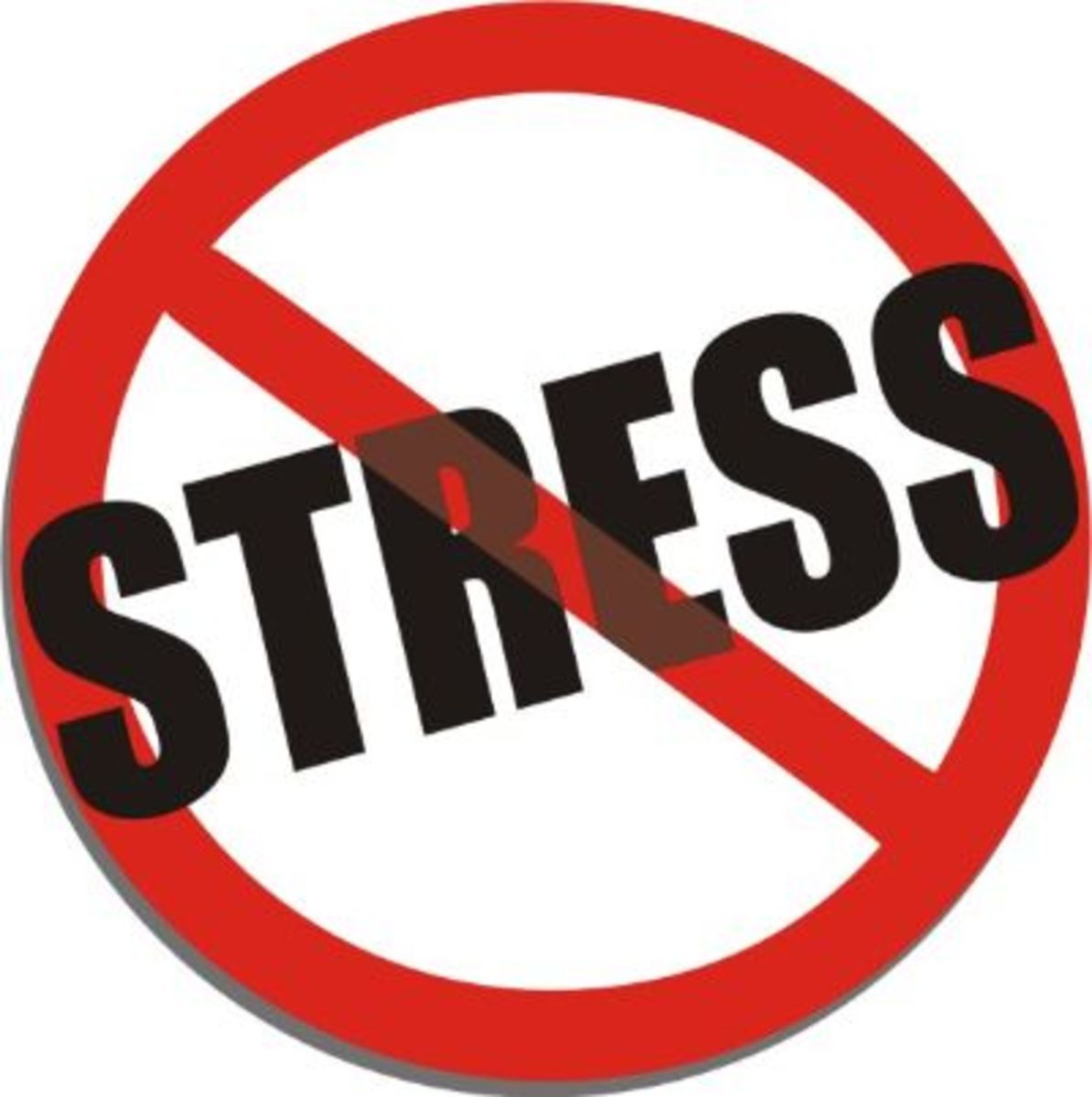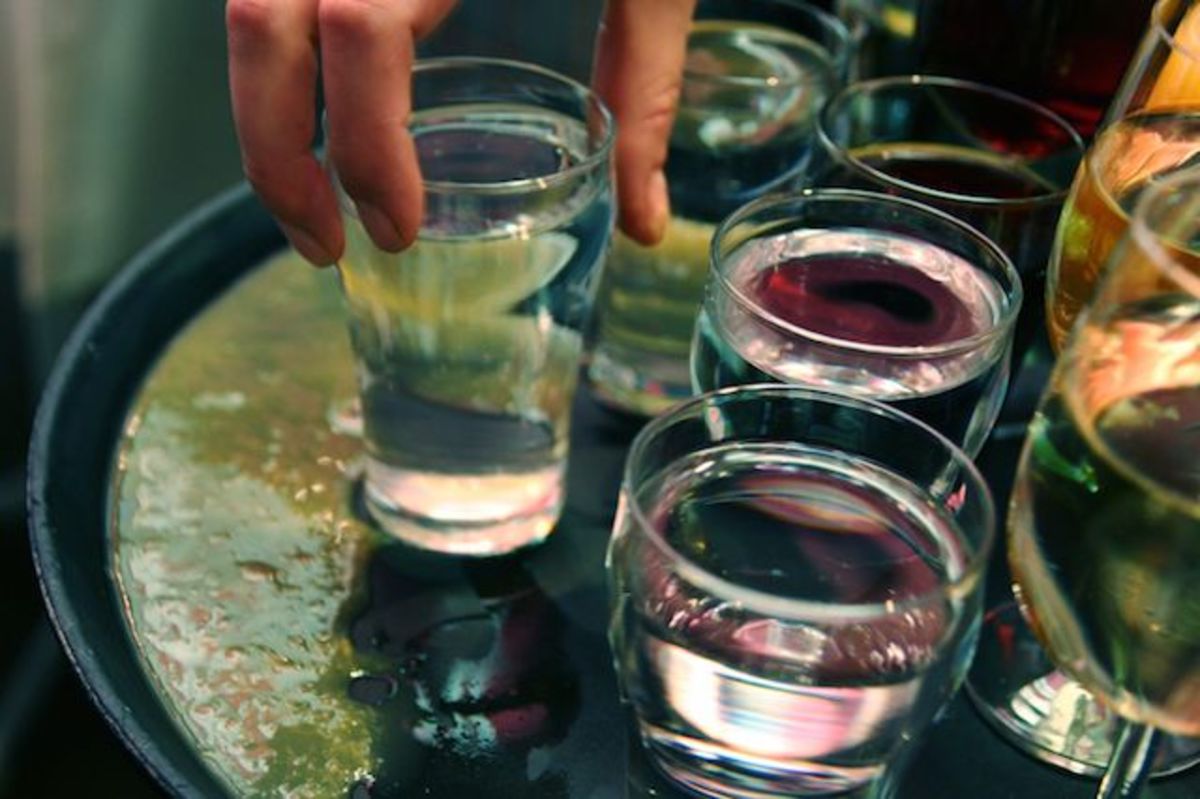Stress: It’s Astounding Implications for Health.
Introduction
“Life is like the dice that, falling still show a different face; though it remains the same, it always presents different aspects” Alexis. Evidently, living a life free from all sort of worries make life a gift par excellence. All over the world today, stress has become a perennial issue that almost everyone talks about either positively or negatively.
Many people view stress to be a negative terminology as it affects health in this contemporary period and it demands immediate intervention. Over the years (Antiquity) when things seem moderate, serene and conducive, even though they had their own problems to tackle, stress was never conceivable as a threat to health which of recent has become the business for each day. Many people have had to complain of been stressed up. What exactly causes stress? Many people have conceived life as unbearable and unfair due to the nonchalant attitude towards stress. This particular environmental, ecological acclaimed bodily response to changes in the body system brings another side look to the impact of stress on health.

Clarification of Term:
Whenever the issue of stress comes up, a lot of people have their own definitions of the well-known word. This is because everybody experiences some pressure situations that are often called stress. Stress can be referred to as a reaction to a stimulus that disturbs our physical or mental equilibrium, the internal distribution of force per unit area (pressure) within a body, which causes strain or deformation. This definition agrees that stress involves having a nervous tension that results from internal conflicts which arise from a wide range of stimuli.
According to May Ohaedoghasi, stress can be define as the wear and tear our bodies experience as we adjust to our continual changing environment. This wear and tear create an undesirable strain that causes disquiet within our systems and may make us to age faster that ordinarily depending on how we handle it.
Types of Stress:
There are various forms of stress according to how they affect our health. The daily demands and pressure encountered by each one of us, is as a result of acute stress.

1. Acute Stress:
While the word stress connotes a negative impression; acute stress is what actually brings about excitement, joy and thrill in our lives. When this stress is accumulated, emotional distress, such as anger, anxiety, irritability, physical problems like headache, pain, stomach upset, dizziness, heart palpitations, shortness of breath, hypertension come as symptoms.
Meanwhile, episodic acute stress is seen and observed in persons that are over competitive and aggressive, demanding and sometimes tensed and hostile. The symptoms of episodic acute stress are the symptoms of extended over arousal: persistent tension, headaches, migraines, hypertension, chest pain and hearth disease. Treating episodic acute stress requires intervention on a number of levels, generally requiring professional help, which may take many months.
Furthermore, if episodic acute stress is not resolved, it begins to increase or lasts for a long period of time, it becomes chronic stress.

2. Chronic Stress:
Chronic Stress can be detrimental to your health. It is the total opposite of acute stress; it’s not exciting and thrilling, but dangerous and unhealthy. Chronic stress tears the life of a person apart; his mind, body or spirit. This stress seems unending due to long term exposure to such a, unhappy marriage, traumatic experiences, poverty, chronic illness, heart disease, cancer, lung disease, accidents, cirrhosis of the liver, and suicide.
Causes of Stress:
- Work Underload: In this, case, too little work or very easy work is expected on the part of the employee. Doing less work or jobs of routine and simple nature would lead to monotony and boredom, which can lead to stress.
- Poor Working Conditions: Employees may be subject to poor working conditions. It would include bad lighting and ventilation, unhygienic sanitation facilities, excessive noise, and dust, presence of toxic gasses and fumes, inadequate safety measures, etc. All these unpleasant conditions create physiological and psychological imbalance in humans thereby causing stress.
- Lack of Group Cohesiveness: Every group is characterized by its cohesiveness, although they differ widely in its degree. Individuals experience stress when there is no unity among work group members. There are mistrust, jealousy, frequent quarrels, etc., in groups and this lead to stress to employees.
- Interpersonal and Intergroup Conflict: These conflicts take place due to differences in perceptions, attitudes, values and beliefs between two or more individuals and groups. Such conflicts can be a source of stress for group members.
- Organizational Changes: When changes occur, people have to adapt to those changes, and this may cause stress. Stress is higher when changes are significant or unusual like transfer or adoption of new technology.
- Lack of Social Support: When individuals believe that they have the friendship and support of others at work, their ability to cope with the effects of stress increases. If this kind of social support is not available, then an employee experiences more stress.
- Economic factors as stressors Lack of adequate means of decent livelihood after retirement is a stressors.
- Environmental Stressors Some of the environmental stressors include Noise, Excessive heat, Power Failure and so on.
- Emotional Factors as Stressors It is unfortunate to note that there is tension in many families of today. Communication has broken down in many homes and members of the family are just like co-tenants to each other. Among some couples, lovemaking has become a matrimonial duty for the wife and mere display of acrobatic competence for the husband. Lack of emotional support is a stressors. Lost of spouse is a stressors often faced by retirees.
Implications of Stress on Health:
Whether from work pressure, money worries or relationship troubles, most of us, if not all, experience stress at some point in our lives.
- When the body is stressed, muscles tense up at once, and then release their tension when it has reached its extended limit. Chronic stress causes the muscles in the body to be in a more or less constant state of guardedness. Stress can make someone breathe harder, worst for those with asthma or emphysema.
- In addition, the rate at which blood is pumped to the heart by blood vessels can result in blood pressure. As regards chronic stress when dealing with cardiovascular, it ends up bringing hypertension, heart attack or stroke.
- When the body is stressed, the hypothalamus signals the autonomic nervous system and the pituitary gland which eventually leads to abnormal secretion of hormone in the body. Chronic stress over a long or extended period of time can affect testosterone production, sperm production and even cause erectile dysfunction or impotence. Also, it may make premenstrual symptoms worse or more difficult to cope with and pre-menses symptoms may be stressful for many women. Stress may affect women as menopause approaches hormone levels fluctuate rapidly.
- More so, when stress starts interfering with one’s ability to live a normal life for an extended period, it becomes even more dangerous, the longer the stress lasts, the worse it is for both the mind and body .Stress can make an existing problem worse. Stress becomes negative to health when someone faces continuous challenges without relief or relaxation, as a result, the person becomes over worked, stressed and related tension builds up.
- Stress also becomes harmful when people use alcohol, tobacco or drugs to try to relieve their stress. Unfortunately, instead of relieving the stress and returning the body to a relaxed state, these substances tend to cause more harm to the body leading to serious trauma.
Recommendation on How to Prevent Stress:
The best way to reduce the risk of stress is to first recognize the symptoms. Though, these vary in each individual, as enumerated in the forms of stress. “Anyone who want a fewer health challenges later in life should know that they have to adopt a healthy lifestyle early in life”

1. Physical Activities:
(May Ohaedoghasi, 2009) Physical activity plays a key role in reducing and preventing the effects of stress, but you don’t have to be an athlete or spent hours in a gym to experience the benefits. Just about any form of physical activities can help relieve stress and burn away anger, tension, and frustration. Exercise releases endorphin that boost your mood and make you feel good, and it can also serve as a valuable distraction to your daily worries.

2. Social Engagement:
Social engagement is the quickest, most efficient way to relieve stress and avoid overreacting to internal or external events that you perceive as threatening. There is nothing more calming to your nervous system than communicating with another human being who makes you feel safe and understood.
3. Accept things as they are:
Many sources of stress are unavoidable. You can’t prevent or change stressors (stress factors), such as the death of a loved one, a serious illness, or a national recession. In such cases, the best way to cope with stress is to accept things as they are. Acceptance may be difficult, but in the long run, it’s easier than railing against a situation you can’t change.
Don’t try to control the uncontrollable. Many things in life are beyond human control. Rather than stressing out over them, focus on the things you can control. When facing major challenges, try to look at them as opportunities for personal growth. If your own poor choices contributed to a stressful situation, reflect on them and learn from your mistakes.
4. Learn to forgive and accept the fact:
Learn to forgive and accept the fact that we live in an imperfect world and that people make mistakes. Let go of anger and resentments, free yourself from negative energy by forgiving and moving on.
Conclusion:
Stress without any prejudice is some form of strain on the human person which has existed with man since his inception. Surprisingly, in the seemingly serene Garden of Eden, Adams was stressed up with the longing for a suitable companion which was made evident by what the Almighty said “it is good that man should be alone” and the exclamation Adam himself made when he was presented with Eve, “this at last, is the flesh of my flesh and the bone of my bone “(Gen. 2:18-23).
Stress has no distinctive domicile; it moves and attacks anything that comes around its territory. The onus is basically on every human being who longs to overcome stress and any related health issues, through eating of good food, living healthy lifestyles, sleeping and waking at fairly regular intervals, exercising and taking a good rest when our body demands it and lastly, with a life of good moral discipline.
References:
- May Ohaedoghasi, (2013), “Nurture Brain & Character” Learn and Recall Faster, Isolo, Lagos, Mbeyi & Associates (Nig.) Ltd. Stress Management: How to Reduce, Prevent, and cope with Stress.
- May Ohaedoghasi, (2009), “Stress Management and Personal Development” A Holistic Approach, Egbeda, Lagos, Em & May Consults.
- May Ohaedoghasi, (2010), “ Midlife Passage with Ease” Prepare for and cope with Midlife Challenges, Egbeda, Lagos, Em& May Consults.
-
What is Stress?Meaning, Definition and Causes of Stress. By Gaurav Akrani. Date: 3/27/2011. Label: Industrial Psychology.
© 2017 ODEWOYE FRANCIS SUNDAY








